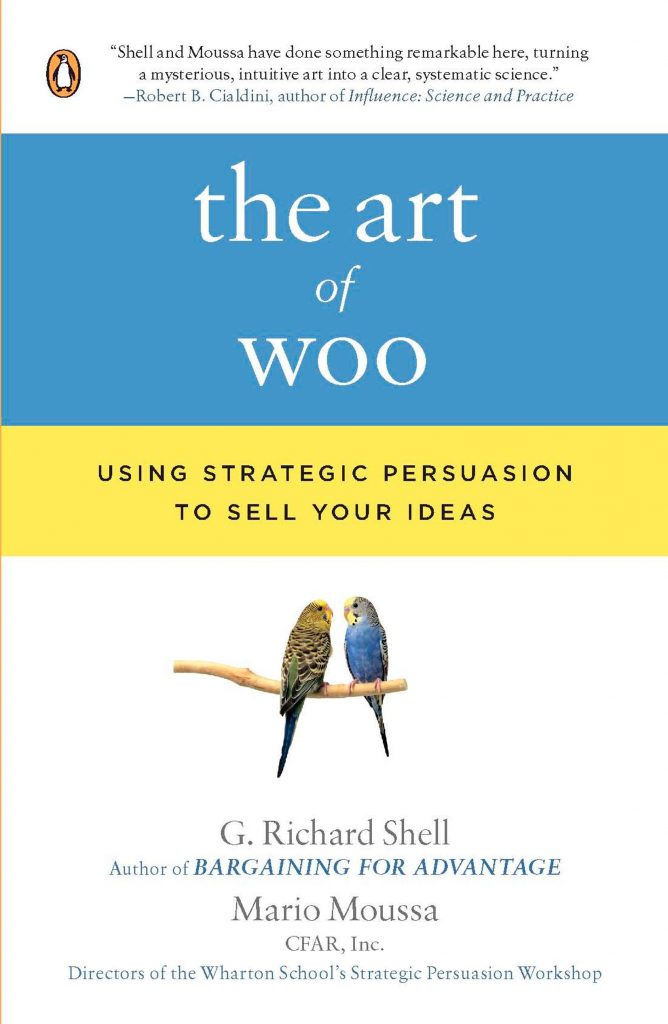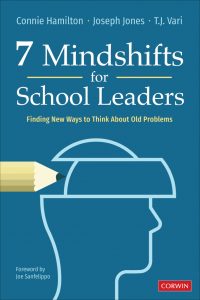
302 Thoughts Fireside Chat: Actionable Tips On How to Grow Through the Grind
Ninety percent of my time is spent on ten percent of the world. ~ Colin Powell
This month, America lost a tremendous leader, General Colin Powell. We started this 302 Thoughts by recognizing his work and legacy as a leader. If anyone could talk about how to grow during the grind and thrive amid chaos, our bet would be on General Powell.
We often desire for circumstances to improve so our conditions become better. Unfortunately, that does not always happen the way we would like it to or in the timeline we have in mind. Because ideal circumstances don’t always come our way, we have to always be prepared to weather the storm. This month we landed on 5 strategies that help educational leaders stay focused in a chaotic environment.

In the live recorded podcast, we teased out two essential areas that we discussed further:
- #3. Determining Urgent Versus Important
- #4. Assessing Full Versus Fulfilling.
All five are critical, but we narrowed in on these two because they speak to the day-to-day work that must get done but also that still needs to result in personal fulfillment. During challenging times, it’s hard to maintain perspective and keep our own well-being intact; by strategically looking at our calendars to block time for the fulfilling work, we set ourselves apart from those who just end up with full days that lack what matters to them most. Learn more by listening to our discussion.
By mastering the Eisenhower matrix (check out the blog for more details, including a visual), school leaders at all levels, uniquely structure their day to maximize efforts. Too often during a storm, it’s tough to gain your footing. This is what’s going on now for teachers and leaders in schools. Each day can feel like two or three. The matrix, when used well, is an effective way to analyze and organize each day to keep First Things First.
Each month during our 302 Thoughts we also work to support our listeners with a few resources that help in your efforts to lead better and grow faster. This month, T.J. highlighted the power of mastermind groups, particularly Danny Bauer’s Better Leaders, Better Schools. Masterminds are not new and we first read about them in Think and Grow Rich. As Napoleon Hill writes, it is the “coordination of knowledge and effort, in a spirit of harmony, between two or more people, for the attainment of a definite purpose.” It’s the direct focus and effort that is vital. Even if you don’t join a formal mastermind, do seek out another school leader, identify a clear aim or goal, and then work towards reaching it. The results will be incredible.
Joe took a slightly different route and discussed Headspace, the app. On the show, Joe admits to his own limitations with meditation; yet, he describes how apps like headspace and Calm can support early efforts to find quiet time, be introspective, reduce stress, or simply “unplug” for a while.
Our 302 Thoughts are monthly free live podcast recordings that help leaders to lead better and grow faster. It’s like school leadership training without having to leave the comfort of your office or home. We hope you’ll join us next month. Look for the dates in our newsletter.
Let us know if there’s a topic you want us to cover by leaving a comment below or by contacting us at [email protected]. And don’t miss our leadership newsletter every week by subscribing on the site.
We can’t wait to hear from you.
This episode was brought to you by GhostBed, a family-owned business of sleep experts with 20+ years of experience. With 30K+ 5-star reviews, you can’t go wrong with GhostBed. Their mattresses are handcrafted, and they come with a 101-night-at-home-sleep trial. For a limited time, you can get 30% by using our code — SH302 — at checkout. And, even if you tell someone about GhostBed, you can earn a $100 referral reward. Go to Ghostbed.com today and use SH302 at checkout.
















 7 Mindshifts for School Leaders: Finding New Ways to Think About Old Problems.
7 Mindshifts for School Leaders: Finding New Ways to Think About Old Problems. 


